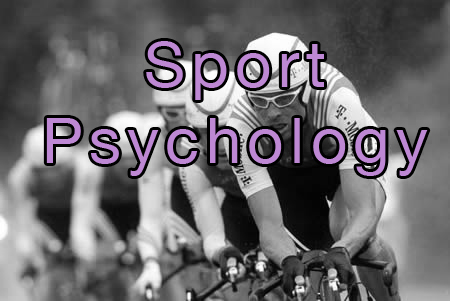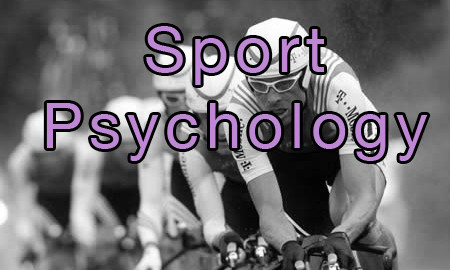Sport and Exercise Psychology Careers
If you want to further research the role of a clinical psychologist then it is highly recommended that you read Sport and Exercise Psychology: A Critical Introduction.
A career in Sport and Exercise Psychology can be one of the most rewarding jobs and can lead to you travelling a great deal. The England football team took numerous sports psychologists to Brazil for the world cup. In fact, if you look at any major sporting event, you will find that sports psychologists are there often employed by competitors in order to help them gain an edge. One thing is clear, if you are looking into a career in sports psychology, then you will have to like both sport and psychology!
What do Sport and Exercise Psychologists do?
One of the main things that sports psychologists do is help athletes psychologically prepare themselves for rigorous training regimes and competitions by training them to have greater motivation and adherence to health regimes. They also assist the athletes with the injuries, not the physical aspects, but the psychological consequences of those physical injuries. Not only do they help the athletes, but they also help coaches and trainers with the demanding aspects of their jobs and teach them techniques to further increase the motivation of their athletes. They can also help individual clients achieve their fitness goals, some gyms employ sports psychologists for this purpose.
Sport and exercise psychologists have many opportunities and choices of employment. Some work for the National Health Service and private hospitals. Some are employed by institutions such as gyms, universities and sports organisations such as FIFA. Sport and exercise psychologists are very often employed by sports teams and individual elite athletes in order to help with the psychological pressures of intense competition. There is also the option of becoming self-employed and freelancing as a sports psychologist.
Many Sport and Exercise psychologists do not work specifically with athletes, but instead they research various psychological aspects of sport and exercise. Some of the topics they look into include:
- Increasing the adherence to medical and health regimes
- Rates of depression in those who do not exercise
- Psychological benefits of exercise
The Route into Sports and Exercise Psychology
The very first step in your career into sport and exercise psychology is to complete an undergraduate psychology course that is certified by the BPS and is eligible for the ‘Graduate Basis for Chartered Membership (GBC)’.
You can search for certified undergraduate psychology courses here.
It would also be a good idea while you are completing your degree to look for relevant work experience, even if it is simply volunteering with a local sports club. Remember you should think of everything as part of the stepping stones which lead you to your desired career.
Now, if you already have an undergraduate degree and it is not eligible for the ‘Graduate Basis for Chartered Membership’ then you may have to pay for a conversion course.
Ideally, you should aim for the highest degree classification as possible, because then this makes it easier for you to be accepted on to a masters course, which some employers will require.
Gaining a masters in Sport and Exercise psychology is the next step in your journey towards becoming a sports psychologist.
Bare in mind that the route into sport and exercise psychology can be over 6 years in length.
Salary Expectations
With such a large and varied field as Sports and Exercise Psychology you may not be surprised to find out that the salary of sports psychologist varies wildly.
Those starting out in the field should expect around £17,000 to £30,000 per annum. More experienced sport psychologists can expect much more (depending on their employer and clients).
Questions to Consider
Am I motivated enough to study and become a sports psychologist?
Can I work well with people?
Have I started to map out my intended journey into sports psychology?
Have I talked with other sports psychologists?
Have I started to seek work experience?
Do I have an idea as to who I want to work for?
Do I like and enjoy sports, psychology, and working with people?
Do I have high levels of empathy?
Further Reading
Sport and Exercise Psychology: A Critical Introduction
Psych Yogi’s Top Ten Psychology Revision Tips for the A* Student

